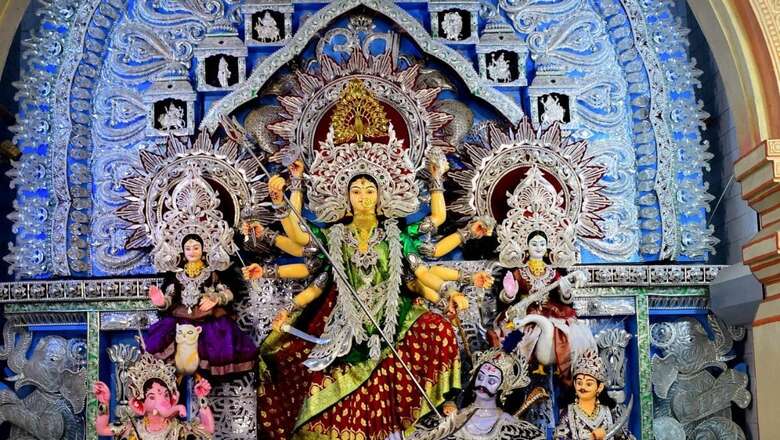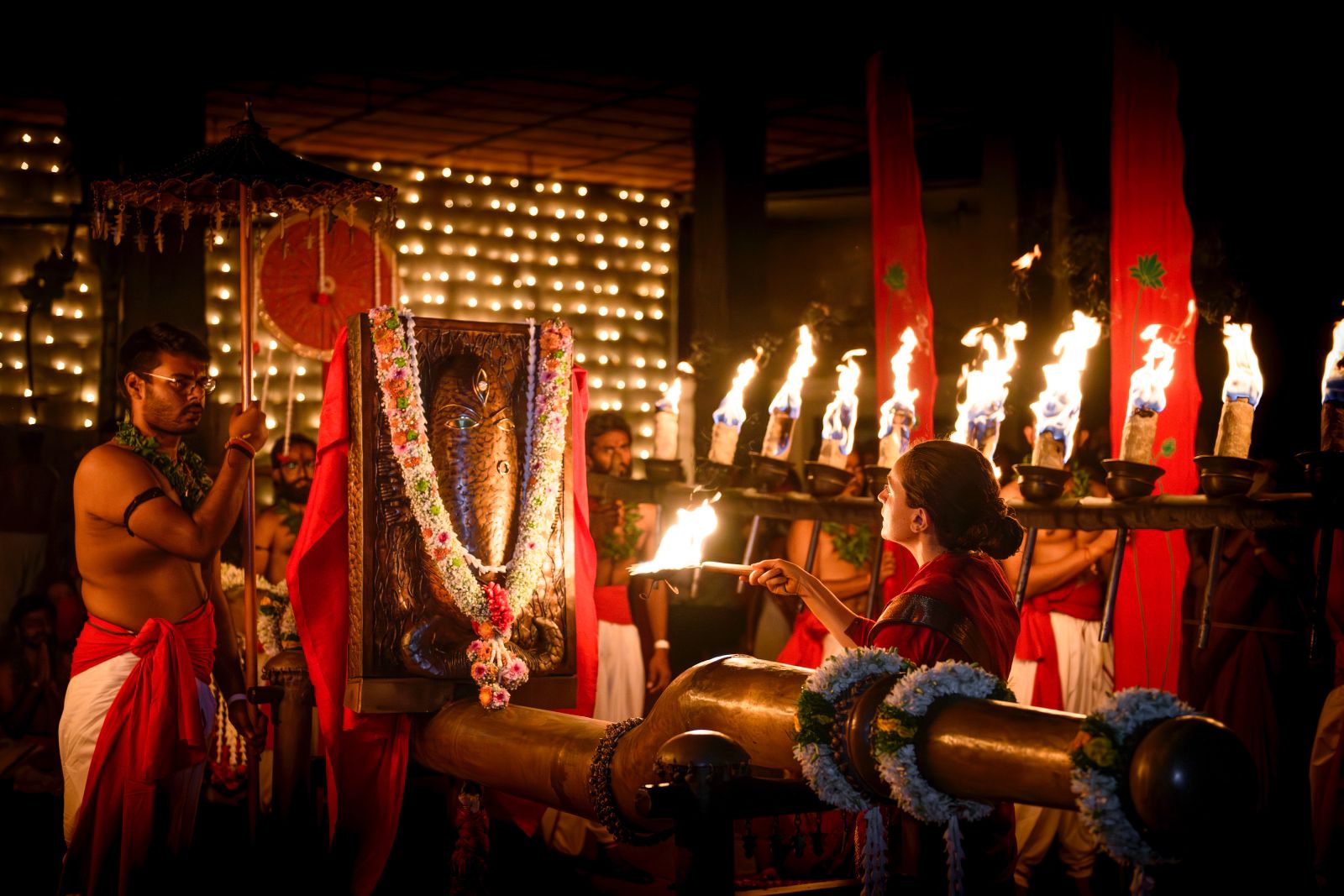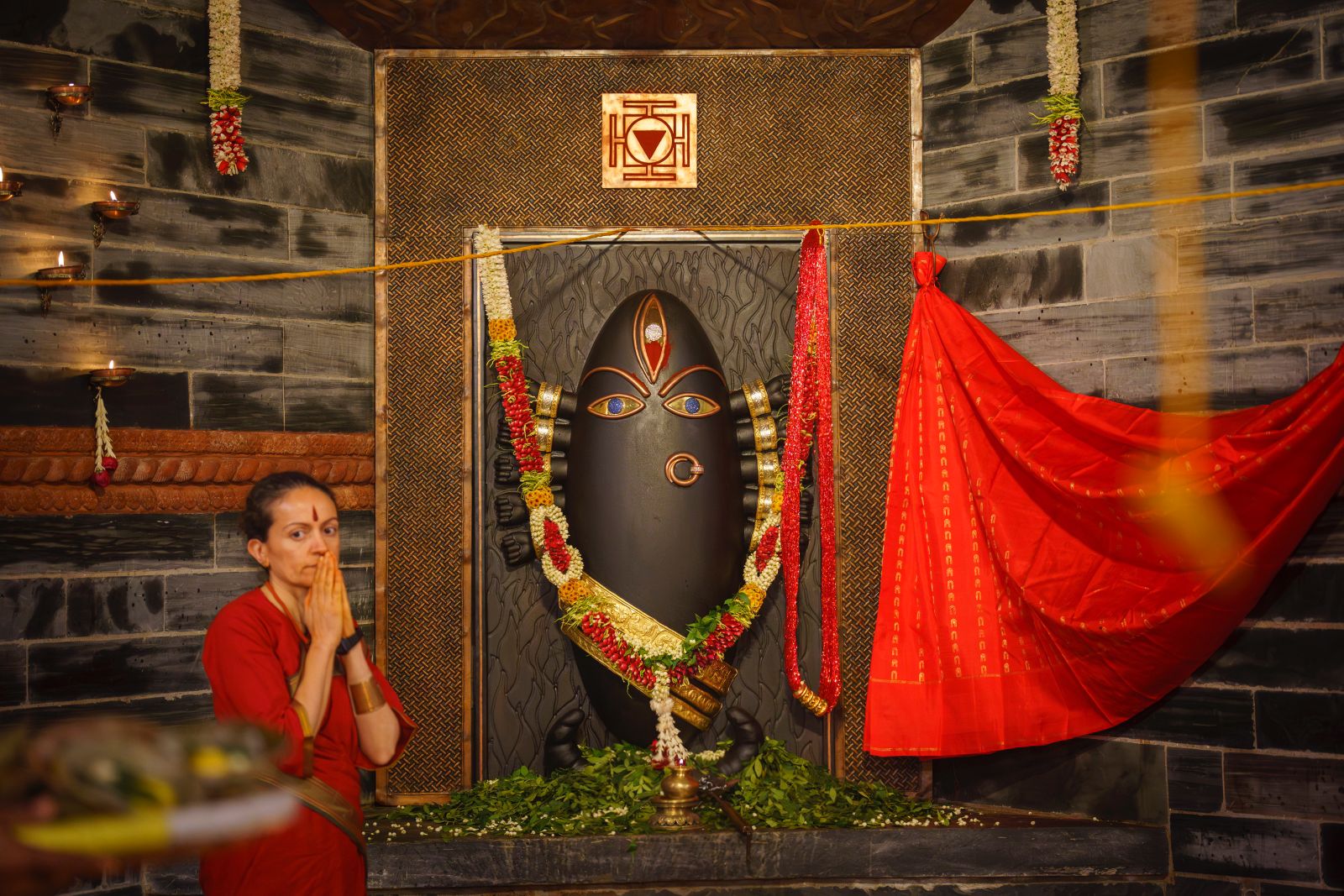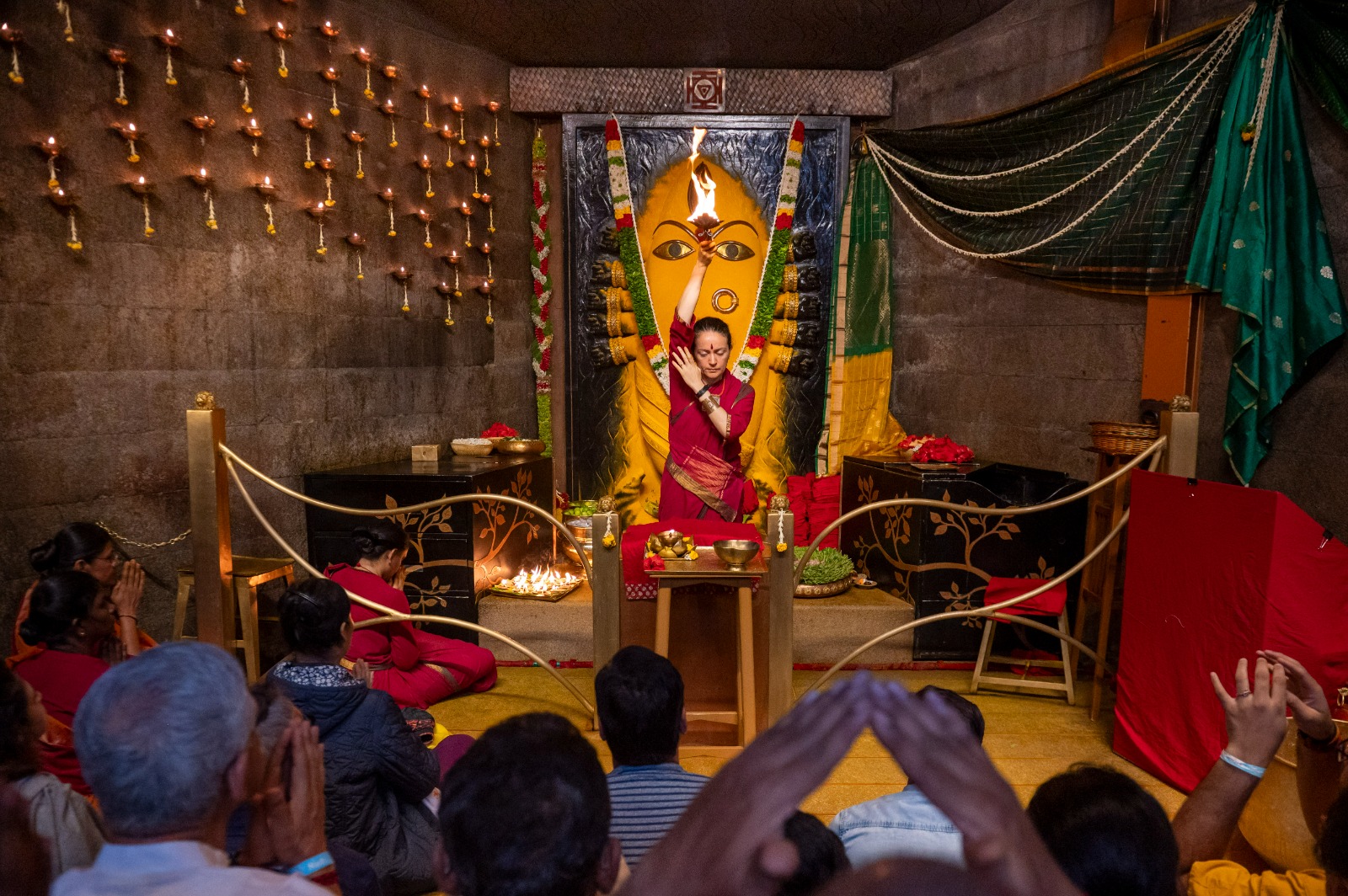
views
Navaratri is about approaching life through the feminine nature of the Divine, and nurturing reverence for all aspects of life and creation. The nine-day festival is classified according to the three basic qualities of existence — tamas, rajas and sattva. The first three days are tamas or inertia, where the goddess is fierce — Durga or Kali. The next three days are about activity, with Lakshmi-related goddesses — gentle and materially-oriented. The last three days are dedicated to Saraswati, who represents knowledge and transcendence.

Everyone must draw upon all these three dimensions of existence because all are needed. But if you go beyond these, it is about liberation. So, after Navaratri, the tenth and final day of Dussehra is Vijayadashami — the day of victory. That means you did not give in to any of these qualities; you participated in each of them, but you did not invest in them — you won over them. The message is that being in reverence and gratitude towards everything leads to success and victory.
Unfortunately, today we have made everyone believe that conquest is the only way to success. Our whole attitude towards life has become lopsided — we choose to conquer life rather than embrace it. Trying to conquer the planet has led to all the disasters we see today. The masculine is always about conquest. The feminine is not about conquest; it is about flowering, relaxing and living.

For a long time, survival was the dominant factor for humanity, so masculine was the dominant force. Allowing the feminine to find its place in any society is very important. If this does not happen, we will exhaust the planet soon. The feminine can come to its proper place only when societies have handled their survival and reached a stable level of culture and civilisation. Today, we are nearing that phase.
Masculine and feminine are two qualities. This is not about being physically male or female; the feminine can be as alive in a man as in a woman. Only when these qualities happen in balance, can a human being live a life of fulfillment.
In the past, societies were aware of the significance of the feminine. Goddess worship is the most ancient form of worship on the planet and flourished in India, Europe, Arabia, and large parts of Africa. In more recent times, unfortunately, a very ambitious approach to religion became the mode and people burnt the feminine off the planet.

The only culture where worship of the feminine is still prevalent and enduring is in India. I have been to many Devi temples — not just famous ones, but little ones in towns and villages. I have been absolutely amazed to find that sometimes even in villages, temples that were consecrated hundreds of years ago are still fully, forcefully alive. These are not dolls that you worship. They are live feminine forces of different calibres, intensities and qualities — from gentle to fierce. Whether you worship or not, there are many ways to make use of them to do various kinds of activities.
Most of these temples were created for a specific purpose, for the requirements of that area. As they are found in so many places, obviously the technology of making them was very widespread and well-known. It was humbling to see that in a tiny village, someone had consecrated something with a great amount of sophistication. These were nameless yogis. They didn’t think it necessary to leave their name on the temple. This energy they left is all there is. It is not in the nature of the feminine to leave a footprint but to imprint life within through a strong experience.
This Navaratri, make use of these spaces and their energy and celebrate the feminine. Only then you can know the beauty of life.
Ranked amongst the fifty most influential people in India, Sadhguru is a Yogi, mystic, visionary and a New York Times bestselling author. Sadhguru has been conferred the Padma Vibhushan by the Government of India in 2017, the highest annual civilian award, accorded for exceptional and distinguished service. He is also the founder of the world’s largest people’s movement, Conscious Planet – Save Soil, which has touched over 4 billion people. Views expressed in the above piece are personal and solely that of the author. They do not necessarily reflect News18’s views.



















Comments
0 comment